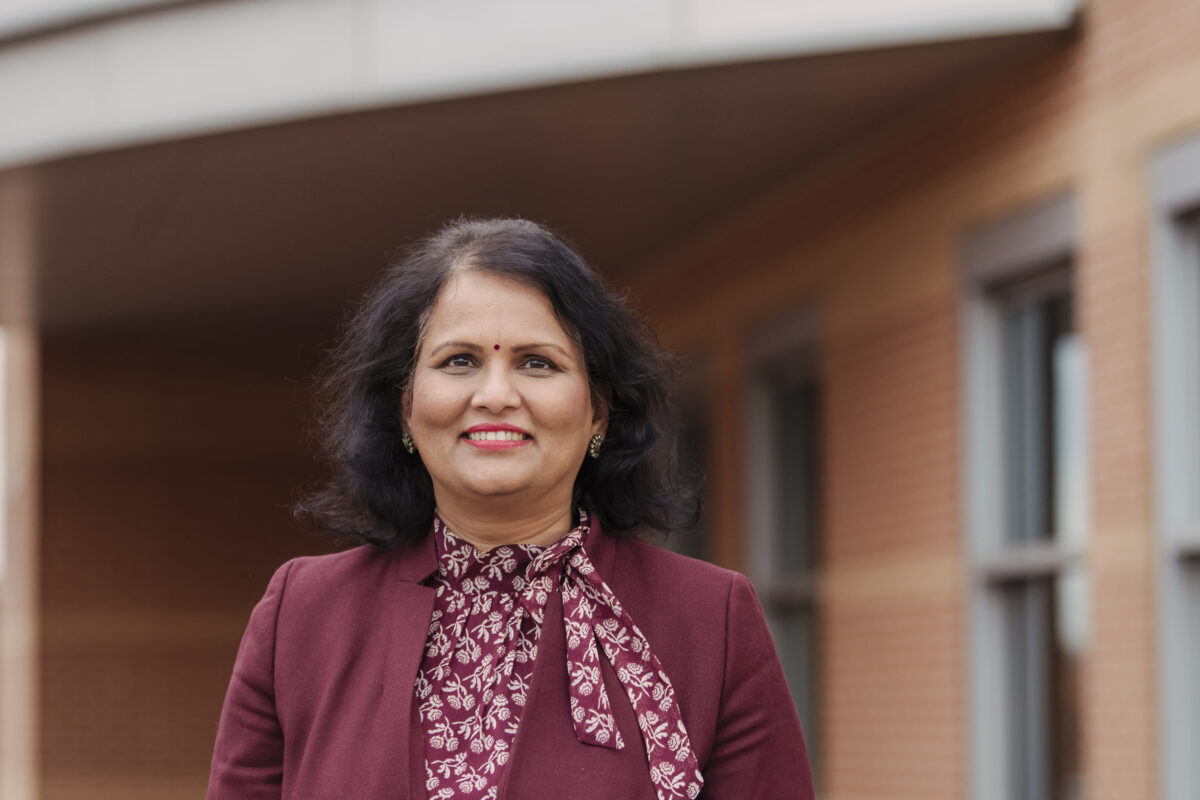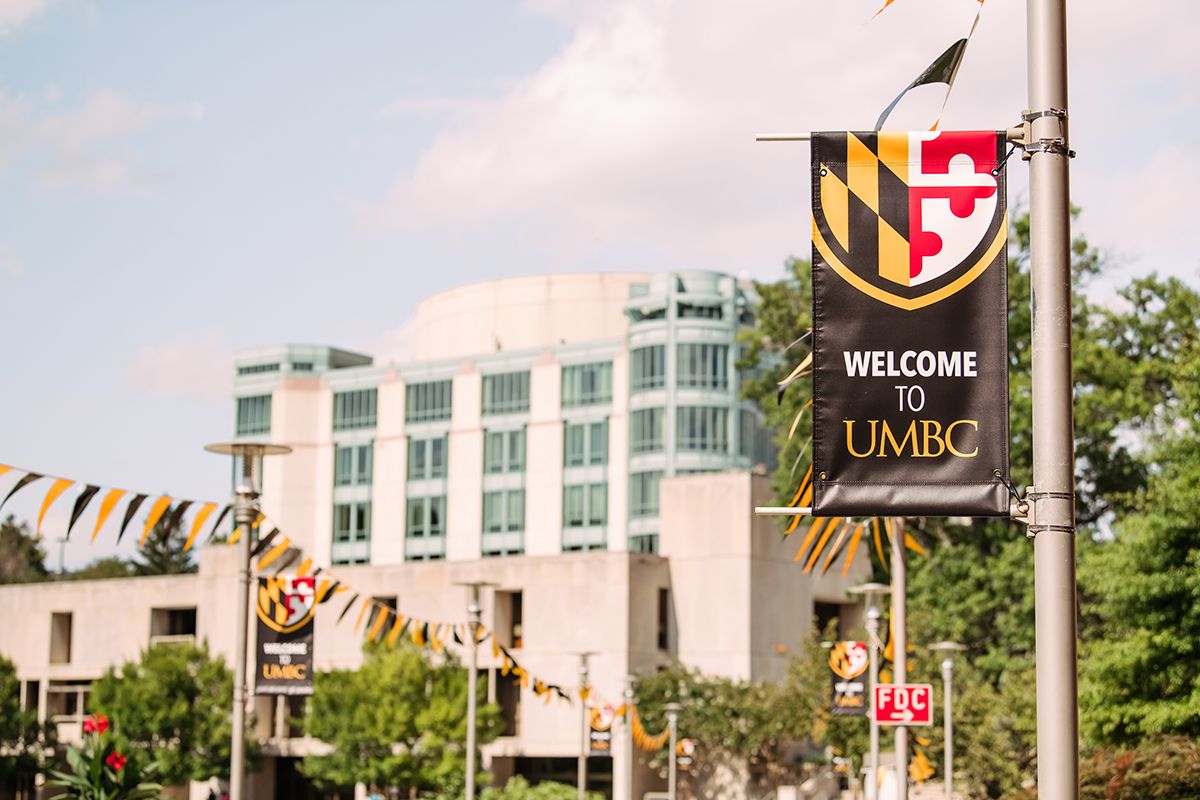A multidisciplinary team of UMBC researchers was recently awarded a National Science Foundation (NSF) grant to expand the use of digital twinning technology to diagnose, treat, and increase the understanding of neurodegenerative diseases.
The use of digital twinning—a virtual model of a physical object—was developed by scientists and engineers at NASA as early as the 1960s. Within the last decade, the technology has grown in popularity across a range of industries and has more recently been implemented to advance healthcare diagnostics and treatments, explains Snigdhansu (Ansu) Chatterjee, professor of mathematics and statistics.
Chatterjee, the principal investigator of the UMBC-led study, is taking a closer look into the use of digital twinning to examine neurodegenerative diseases, supported by a nearly $900,000 grant from the NSF’s Foundations for Digital Twins as Catalyzers of Biomedical Technological Innovation (FDT-BioTech) program. The program, in collaboration with the National Institutes of Health and the FDA, was created to foster advances in mathematics, statistics, computational sciences, and engineering required to develop responsive digital twin models that incorporate the abilities of artificial intelligence. UMBC was one of seven institutions awarded research funding to explore the development and use of digital twins in health care and biomedical research. The Washington Post mentioned the FDT-BioTech program in a recent article on the evolution of digital twin technology and its potential to transform healthcare.
The UMBC team will work to develop a prototype of their digital twin model for possible use for neuroscience researchers. The study will also address the ethical, legal, and social implications of using digital twin models in the context of healthcare and in studying neurodegenerative diseases using magnetic resonance-technology driven images (MRI) in particular.
“There are various issues relating to the ethics of AI models and how you use the data, which is especially important when it comes to biological sciences and healthcare,” says Chatterjee. “All good scientists stay within ethical guardrails, and we’re defining what those guardrails are when it comes to using this technology to study neurodegenerative diseases like Alzheimer’s, Parkinson’s disease, and multiple sclerosis.”



The study, which will run until 2027, includes co-investigators Karuna Joshi, professor of information systems, and Animikh Biswas, professor and chair of mathematics and statistics. Additional partners include researchers from the University of Minnesota and the University of Texas at El Paso. The project will also provide funding to support two graduate students and a postdoctoral researcher at UMBC who specialize in engineering, math, or statistics.
Joshi, who is the director of UMBC’s Center for Accelerated Real Time Analytics, explains that there has been an increase in the use of AI models in health prediction, diagnostics, and determining treatment options.
“The explainability and the replicability elements of digital twinning are very critical to why the technology is becoming popular,” says Joshi. “We are looking to develop a ‘meta model’ of all of the various models that’s going to run the neuroimages we’ll study so that it can be explained, archived, and audited.”
Joshi adds that the study will allow for “a cross-pollination of ideas,” where engineering meets science, math, statistics, and healthcare in a very unique way.
More on artificial intelligence research at UMBC.
Tags: Artificial intelligence, CNMS, COEIT, Information Systems, Mathematics and Statistics, Research

